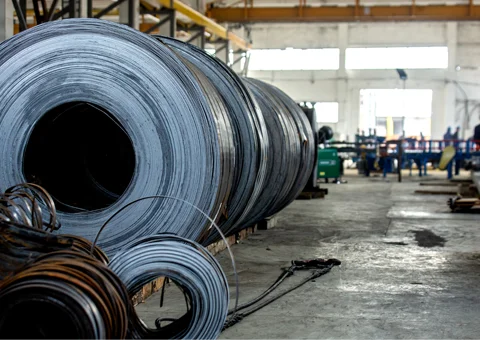TOKYO, Aug 30 (Reuters) - Nippon Steel (5401.T) and other Japanese steelmakers are urging Tokyo to consider curbing cheap steel imports from China, the world's biggest steel producer, to protect the Japanese market, Nippon Steel Vice Chairman Takahiro Mori said in an interview.
As Nippon Steel tries to close its acquisition of U.S. Steel (X.N), opens new tab, key to its global expansion, Mori, who is the lead negotiator for the deal, also said he gained the support of Minnesota Governor Tim Walz for the takeover when they met in June, although Walz has not commented on the deal since becoming the Democratic vice presidential candidate.
China's steel exports rose 24% to 53.4 million tons in the first half of 2024, on track for 100 million tons for the year. Imports of ordinary steel by Japan, the world's No.3 producer, surged by 17% to 1.32 million metric tons in April-June, with imports from China jumping 43%, the Japan Iron and Steel Federation data shows.
"China's exports could rise further as local demand drops by about 30 million tons annually," Mori said, predicting Chinese demand to remain weak this year. "We are lobbying the government to consider measures including anti-dumping duties."
The United States, Europe, South Korea and others have implemented trade policies to restrict Chinese steel imports, Mori said.
"Only Japan is exposed. We are in a very dangerous situation ... If we don't protect it, the Japanese market will go wrong," he said.
Any action to curb imports would be unusual for Japan, which is more often the target of anti-dumping actions by other countries when it comes to steel.
EXPANSION IN US, COKING COAL
Nippon Steel, the world's fourth-biggest steelmaker, is eager to close the $14.9 billion acquisition of U.S. Steel by the end of 2024, which should add 30 billion-40 billion yen ($208 million-$277 million) to its profit in the January-March quarter, Mori said.
Nippon Steel's net profit forecast of 340 billion yen for the current fiscal year does not include the acquisition, which faces opposition from some Democrats and Republicans, including presidential candidate Donald Trump.

